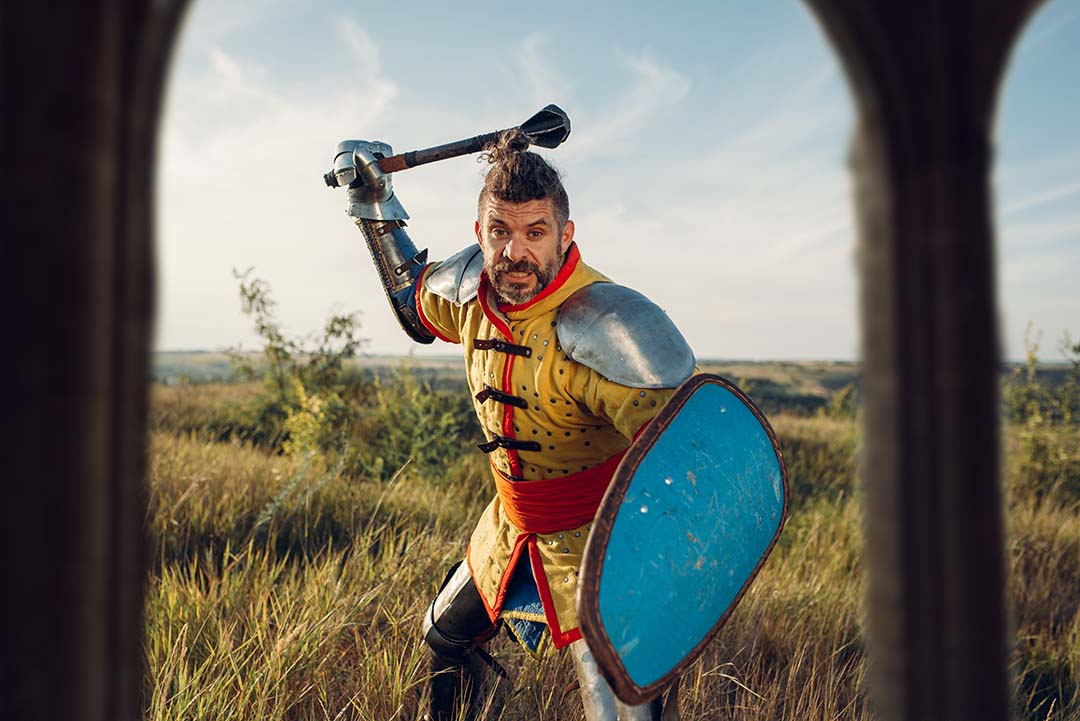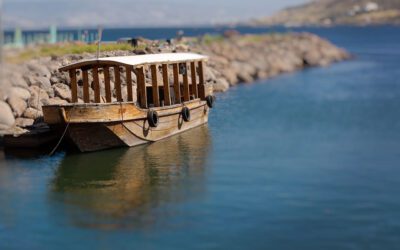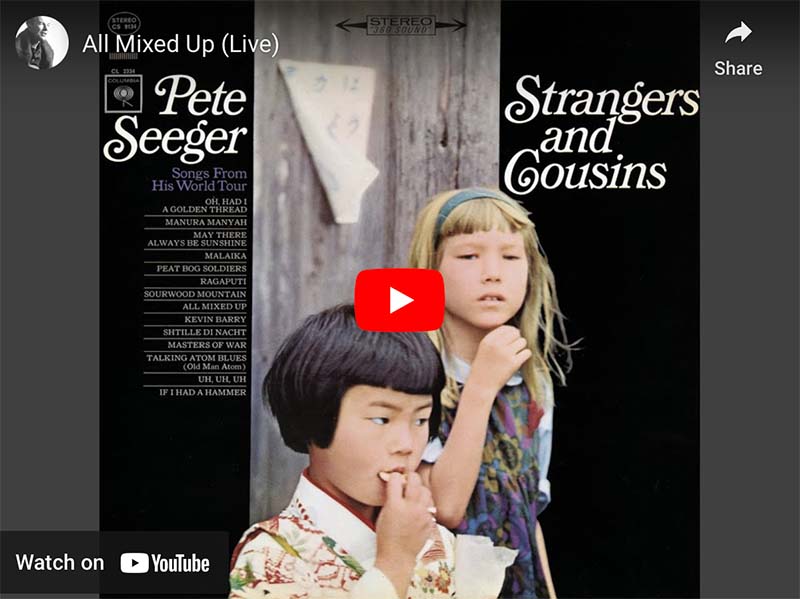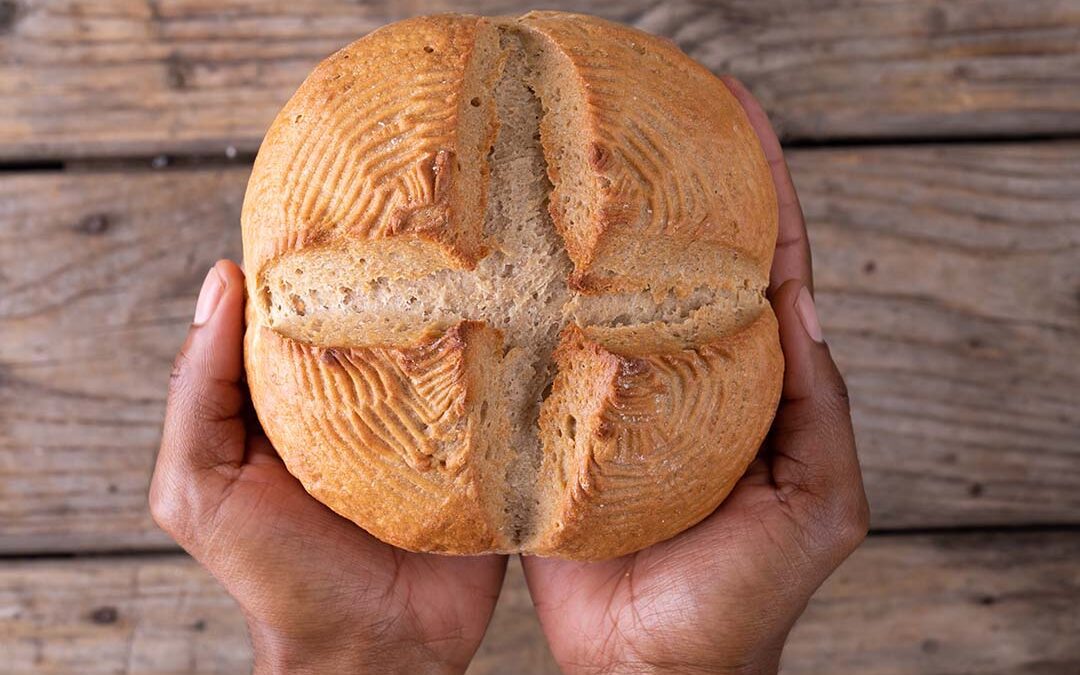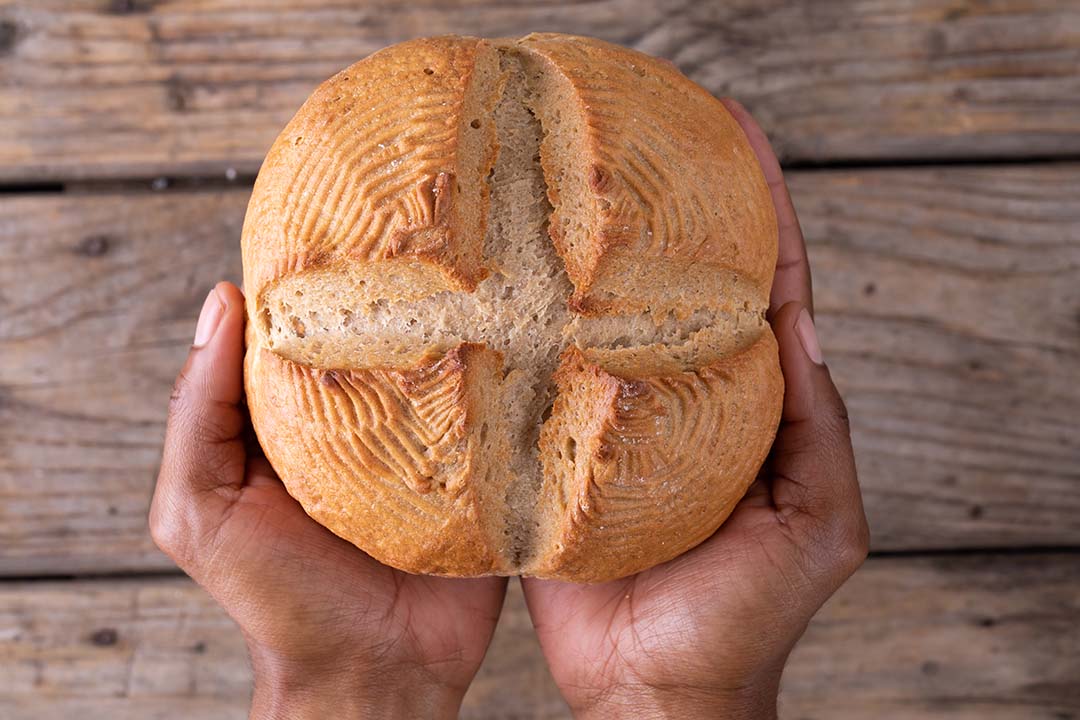When the world looks at us, sees our actions, our life, do we reflect the light of Christ, and further His Kingdom? Or do we deepen the darkness?
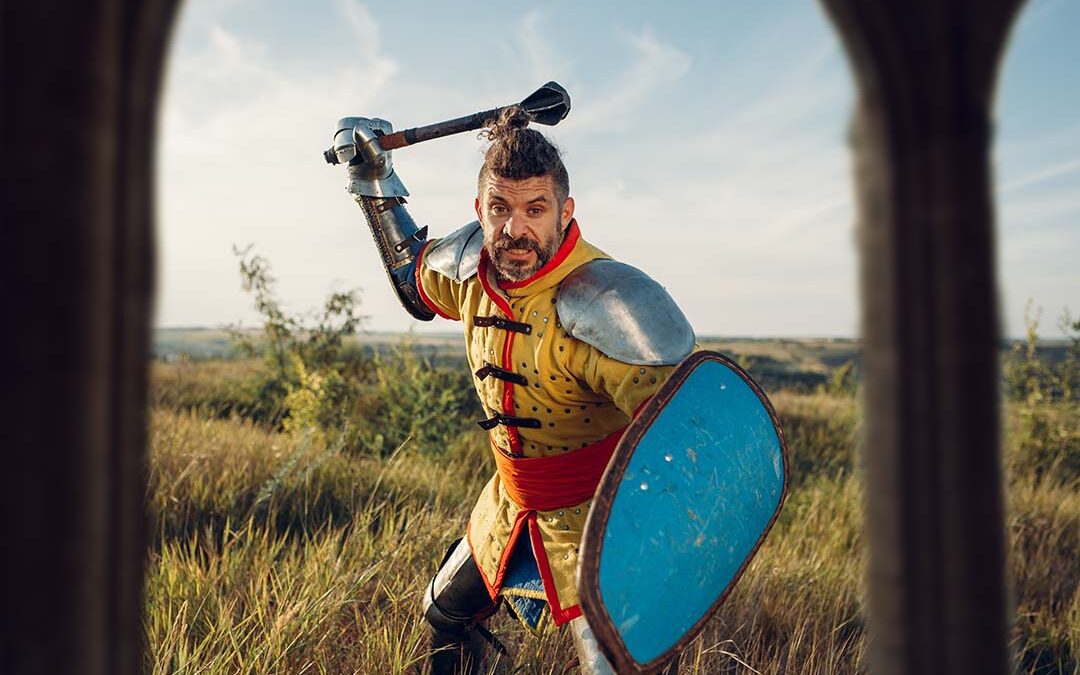
Praying Together 25th August 2024
Trinity 13
Collect
Ephesians 6: 10-17
John 6: 56, 60 – 69
“Therefore take up the whole armour of God”
I looked on the Internet for an image relevant to Paul’s instructions on defending against the spiritual forces of evil. Ther are many of them. They invariably depict a warrior clad in medieval armor (sic), a modern-day Ivanhoe ready to fight a holy war. Dramatic. But completely missing the point.
Victory in battle may be temporarily won by military might. But in the longer term, force rarely (if ever) sustains. Napoleon Buonaparte was well aware of that. “Alexander, Caesar, Charlemagne, and I have founded empires. But on what did we rest the creations of our genius? Upon force. Jesus Christ founded his empire upon love; and at this hour millions of men would die for him.”
Violence achieves nothing towards bringing in the Kingdom of God. All it does is engender more violence. God wins the War through sacrifice – the sacrifice of His Son.
Paul uses the metaphor of armour – but he isn’t talking about the weapons of violence. Instead, he calls for Truth. Righteousness. Peace. Faith. Salvation. The word of God. And through these, the War is won.
Funny kind of Victory
A short battle, it was;
no flags and no trumpets,
not a fair fight.
One naked man with outstretched arms
against chain mail and spears.
They gave Him thorns,
gave Him whips,
gave Him sour wine and their spittle,
gave Him nails… but gave Him no honour.
It’s over now.
He dies alone, and the quiet is hard to bear.
Even the banter of the soldiers is hushed;
only the sound of the wind and the aching world,
bound and fearful for so long,
waiting for its freedom.
Funny kind of battle, it was;
one man against legion.
Funny kind of victory
when the victor dies.
I wonder if the loser knew;
I wonder if the shaking of the earth
or the tearing of the curtain distracted him?
Or did he see, and despair to see,
the Christ-blood
washing the earth beneath the cross?
Funny when a victory’s won by seeming loss.
Previous Posts
Praying Together 7th January 2024
Praying Together 31st December 2023
Jesus – the revolutionary terrorist according to the Sanhedrin – is different, however, in one unique regard.
His only weapon is love.
Even for enemies.
Which is how His Victory is won.
Praying Together 25th December 2023
Without the crib, there is no cross.
Without the cross, the crib has no meaning.
Unto us a child is born…
… a Saviour who is Christ the Lord.
Praying Together 17th December 2023
May you walk in His light throughout your life; may you be His body on earth, share Faith, Hope and Love, and use the all the gifts He gives you to bring His Kingdom in.
Praying Together 26 November 2023
They know what they should do. But they don’t do it. It is the ones who do God’s work, who serve without expecting any reward who will receive eternal life in the Kingdom.
Praying Together 19th November 2023
It might not be the trumpet. Or the Clarinet. A Trombone, Double Bass, a singing voice. It may not be music at all. If not, there are many other skills you may have been given that you are not yet aware of: artistic talent, hospitality, compassion, intercession, forgiveness, unconditional love. There will be some.
Praying Together 12th November 2023
Darkness cannot drive out darkness; only light can do that. Hate cannot drive out hate; only love can do that.
Praying Together 5th November 2023
“Do as I say, not as I do”. The mantra of hypocritical leaders through the ages. It is important to note that Jesus makes a clear distinction between the righteous observance of the Law and the self-important practice of the Pharisees.
Praying Together 29th October 2023
Hallowmas is a season we should not ignore, but instead celebrate as a festival of light, in the beauty of Autumn colours and enjoying a time for creation to rest in peace.
Praying Together 22nd October 2023
When the world lives in Christ, it’s laws are true and just. When it doesn’t, they are not, and we must reject them. There can be no compromise.
Praying Together 15th October 2023
Whoever we are – even unto this last -Jesus asks us to dine with Him. He has bought us the entrance fee. All He asks is that we accept Him as Lord.
Praying Together 8th October 2023
Throughout the centuries, God offers a gift being able to choose life and starting again, but when continually refused, He shakes the dust off His sandals and moves on. Could you blame Him, then, if He turns Hs blessing to the poor?
